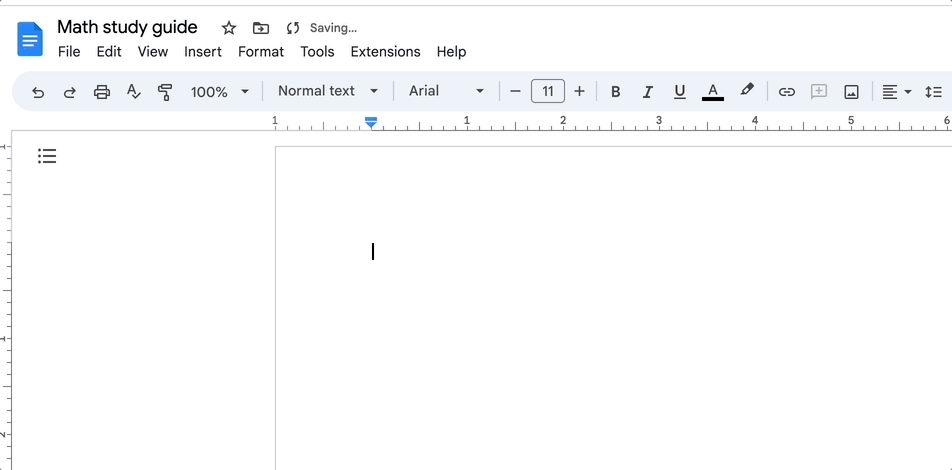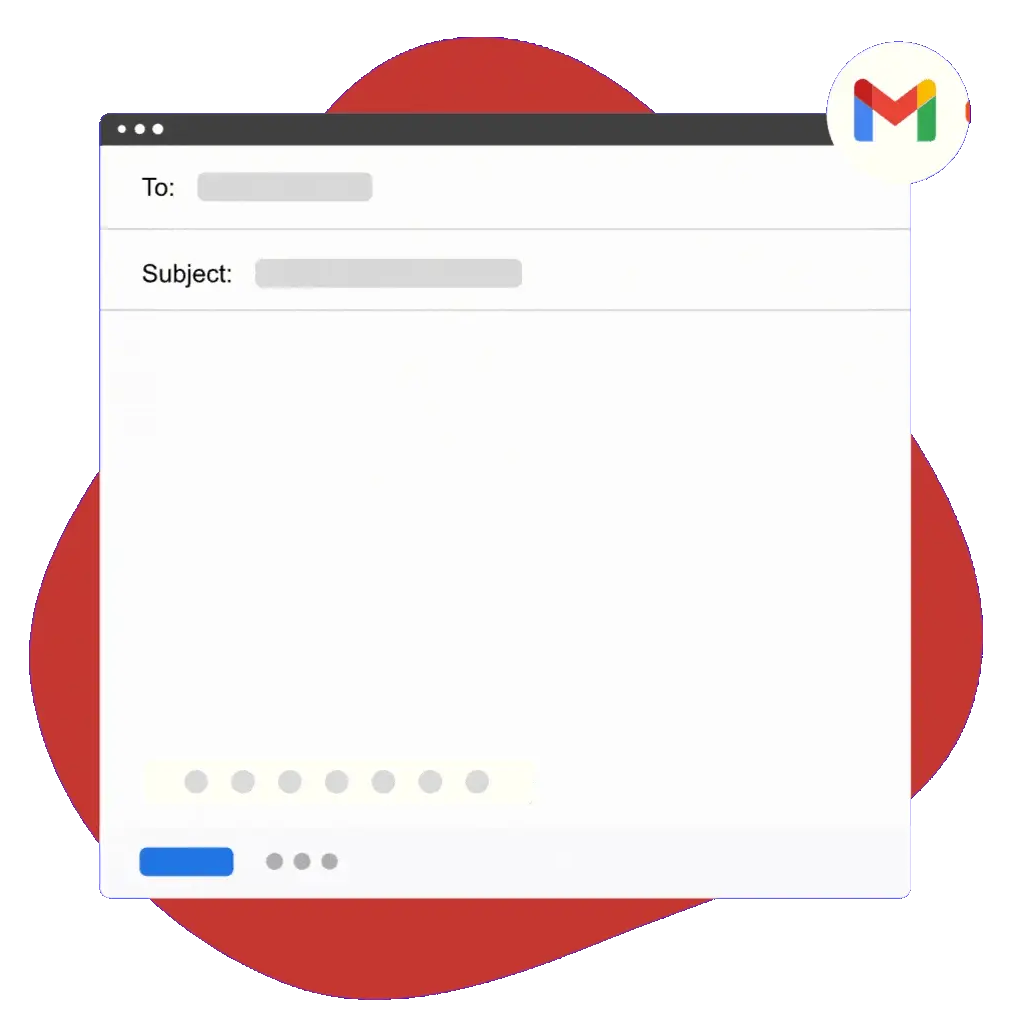Math Flashcards: How to Easily Study Math Formulas
We've all been there. Staring at a page full of numbers and symbols, trying to decode the language of mathematics.
Despite the inherent beauty and logic behind it, math can be a daunting subject for many of us. Whether we're tackling a complex equation or trying to remember formulas, there's often a sense of struggle.
But what if there was a tool that could make learning math more interactive, engaging, and dare we say, even fun? Enter math flashcards.
A simple, time-tested tool, math flashcards can revolutionize the way we learn math.
Let's dive into the world of math flashcards and uncover their untapped potential.
Why Use Flashcards to Study Math Formulas?
Flashcards are a versatile and effective study tool, not least in the realm of mathematics. Here's why:
Flashcards promote active learning. Unlike passive reading, flashcards require you to recall information actively, making the learning process more engaging. When you flip a flashcard to reveal the answer, you're testing your ability to recall information - a skill that is integral to mastering mathematical concepts.
Additionally, math flashcards are ideal for spaced repetition. This study technique involves reviewing information at increasing intervals over time, reinforcing learning and helping us remember information for longer periods. This approach is particularly beneficial for mathematical formulas and operations that need to be committed to memory.
Also, flashcards make complex concepts more manageable. By breaking down math problems into bite-sized pieces, flashcards can help demystify complex topics. They're perfect for introducing new concepts or reinforcing understanding of existing ones.
Finally, flashcards offer flexibility. They can be used individually, in groups, at home, at school, on the bus - the possibilities are virtually endless. You can tailor your study sessions to fit your schedule and learning style.
What to Include in Math Flashcards
Crafting effective math flashcards isn't merely about transferring text from your textbook verbatim. It's an art that requires thoughtful consideration of what exactly to include. Here are some tips to help you construct your flashcards:
Single Concepts or Problems: Each flashcard should focus on one concept or problem only. This makes your study more focused and allows you to understand and remember individual problems or concepts more effectively.
Step-by-Step Solutions: For more complex problems, consider breaking down the solution into smaller, manageable steps. This way, you can work through the problem step by step, ensuring a thorough understanding of the process.
Visual Aids: Where possible, incorporate diagrams, symbols, or visual aids. A picture can indeed be worth a thousand words, especially when it comes to understanding abstract mathematical concepts. Graphics, such as graphs for functions or diagrams for geometry, can provide visual support that helps anchor understanding.
Formulas and Definitions: Math is full of critical formulas and definitions that form the basis for understanding more complex concepts. Be sure to include these in your flashcards. Writing them down will not only help you remember them, but it will also give you a handy reference to come back to.
Real-World Examples: One of the most effective ways to understand and remember mathematical concepts is to relate them to real-world scenarios. Try to include a practical application or example on your card to bring the abstract into reality.
Concept Links: Finally, if a concept is closely related to another, make a note of it. This will help you see the interrelationships between different mathematical principles and may aid your overall comprehension of the subject.
Remember, flashcards are a personal tool, and what works best may vary from person to person. So, feel free to experiment and customize your flashcards to suit your learning style and needs.
The goal is to make the learning process more interactive, enjoyable, and, ultimately, successful.
Tips On Using Math Flashcards
Now that we've established the benefits of math flashcards, let's delve into some strategies to get the most out of them.
Don't cram all your math concepts onto a single flashcard. Keep it simple - one question or concept per card. This way, you can focus on understanding each topic thoroughly before moving on to the next.
Make good use of both sides of the card. Typically, the problem or term goes on one side, and the solution or explanation on the other. This layout facilitates the recall process, keeping you actively engaged in your study session.
Keep the flashcards randomized. This randomization ensures that you're not just memorizing the order of the cards but truly understanding the material. The unpredictable sequence of questions also keeps your study sessions fresh and stimulating.
Incorporate regular reviews into your study routine. As mentioned earlier, spaced repetition is key to long-term retention. Start by reviewing your flashcards daily, then gradually extend the intervals as you become more confident with the material.
Online Flashcards vs Traditional Flashcards
Traditional flashcards, with their tactile appeal and customizability, have long been effective study tools. However, they require time to create, can be easily lost or damaged, and can become unwieldy as your stack grows.
Enter online flashcards. They offer a convenient, economical, and efficient alternative. Creation is quick and easy, and organization features help manage large volumes of cards effortlessly. The digital format means they're always at your fingertips, accessible on multiple devices without the risk of loss or damage.
In fact, research shows that online flashcards can be an effective strategy to learn vocabulary, mathematical concepts, and new subjects.
Additionally, online flashcards often come packed with interactive features such as games, progress tracking, and the ability to share and collaborate. Some platforms even offer pre-made flashcard sets, further saving you time.
In a nutshell, while traditional flashcards have their merits, online flashcards, with their convenience, accessibility, and cost-effectiveness, are an attractive option for the modern learner.
How to Make Online Math Flashcards
Using online flashcards to study mathematical formulas can be an effective way to study and practice. Check out our template below to start studying with math flashcards within minutes.
Math Flashcards Template
Using Text Blaze and Data Blaze, you can manage a spreadsheet of math formulas and create flashcards to study them using keyboard shortcuts.

The math flashcards template below include over 20 mathematical formulas you can use to start studying today!
Our math flashcards template will help you:
- Study many mathematical formulas with only a few keystrokes to save time.
- Mark formulas as "Memorized" when you get the answer correct.
- Get 1 term at a time or 5 at a time (in a table).
- Add your study notes to a sheet or document so you can see how you did.
Conclusion
By promoting recall, facilitating spaced repetition, breaking down complex concepts, and providing a customizable study tool, math flashcards have proven to be an invaluable resource in the quest to conquer the world of mathematics. So why not give them a try?
Use our math flashcards template above to study math formulas with ease!
Hi there! You made it all the way down to the bottom of this article. Take a few seconds to share it.
Want to turbo charge your work with templates and snippets? Text Blaze is the fastest way to do that.







